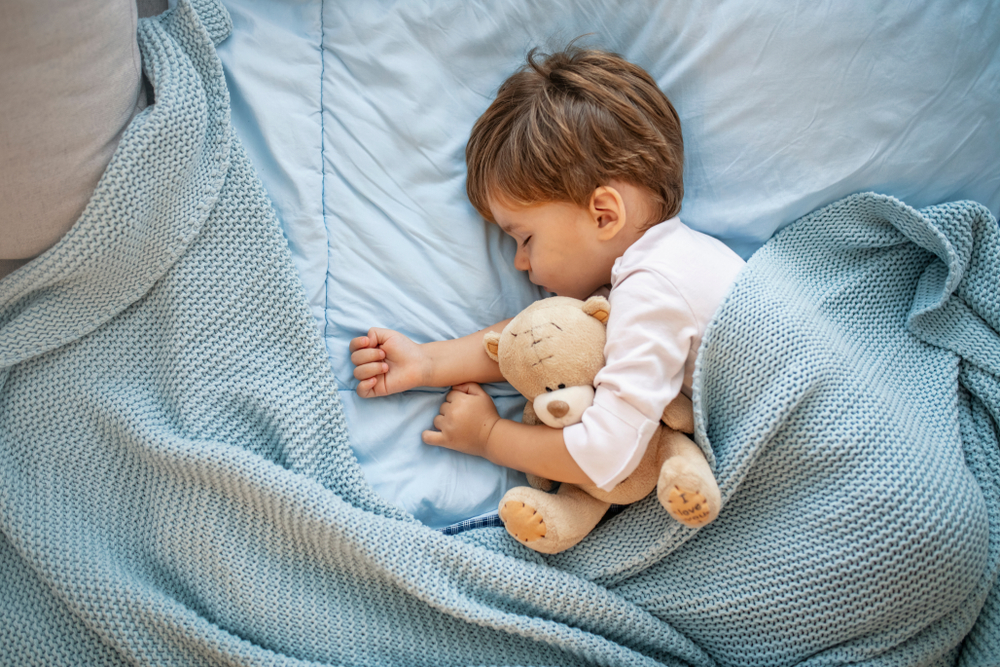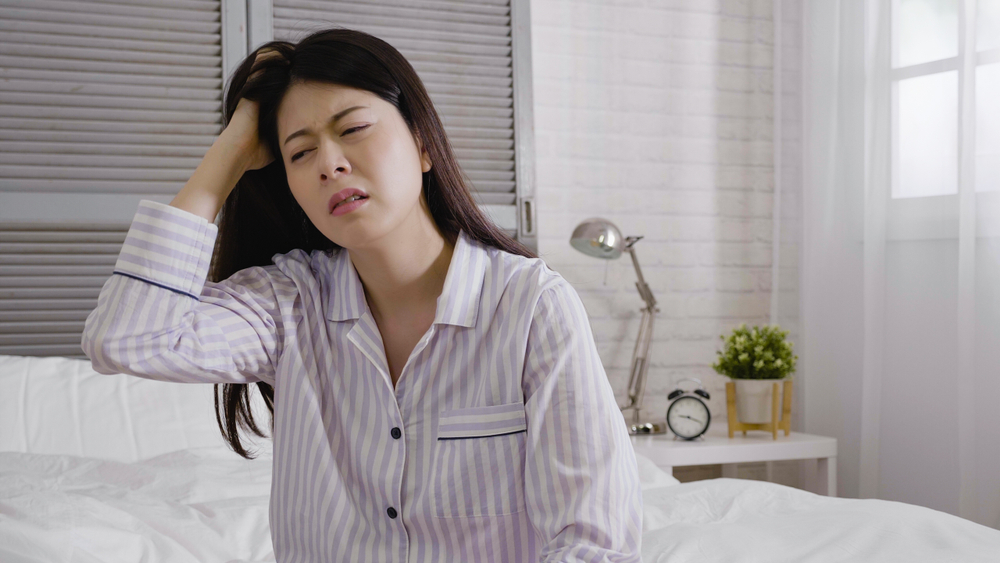
As Shakespeare once said, “Uneasy lies the head that wears a crown.” To put it in layman terms it translates as, an individual with great responsibilities will constantly be worried and therefore wouldn’t have the time for a good night’s sleep.
It is to no surprise that at the moment many individuals feel in such a manner, especially after putting in long hours of work. When a person isn’t getting enough rest their body needs, it could lead to sleep deprivation.
WHAT IS SLEEP DEPRIVATION?
As it is known, sleep is essential as it gives your body the time it needs to repair itself and perform essential functions that are necessary to keep you on your feet for the next day and so on. Not having enough sleep could lead to sleep deprivation. However, sometimes work and other lifestyle factors may disrupt your ability to sleep well or at least for about seven to eight hours.
WHEN SLEEP IS TRADE AWAY FOR WORK
It is common to experience fatigue, shortness of temper and lack of focus that often follow a poor night’s sleep. If you began to trade your sleep in for other reasons such as to complete your daily tasks could lead to some unwanted factors such as:
- Impulsiveness.
- Feeling grumpy.
- Poor cognitive function.
- Disrupts decision making.
- Compromise creative and innovative thoughts.
- Have less effective working relationships with employees.
- Affects your engagement rates with colleagues and within your family.
YOU KNOW YOU NEED MORE SLEEP

While sleep requirements vary slightly from individuals, most working adults would require at least seven to nine hours of sleep on a daily basis. Below are the recommended duration of sleep required from newborns to older adults.
- NEWBORNS – 14 to 17 hours including nap time.
- INFANTS – 12 to 15 hours including nap time.
- TODDLERS – 11 to 14 hours including nap time.
- PRESCHOOLERS (3 – 5 YEARS OLD) – 10 to 13 hours including nap time.
- SCHOOL-AGED CHILDREN (6- 12 YEARS OLD) – 9 to 11 hours.
- TEENAGERS – 8 to 10 hours.
- ADULTS – 7 to 9 hours.
- OLDER ADULTS – 7 to 8 hours.

It is common to experience fatigue, shortness of temper and lack of focus that often follow a poor night’s sleep.
IF SLEEP DEPRIVATION CONTINUES…
An occasional night without sleep does make you feel tired and irritable the next day. However, it does not cause harm to your health. However, do take note that frequent or prolonged sleep deprivation can lead to serious health conditions. Some of which includes:
- Stroke.
- Obesity.
- Diabetes.
- Heart disease.
- Kidney disease.
- Irregular heartbeat.
- High blood pressure (Hypertension).
- Mental health conditions such as stress, anxiety and depression.

Let’s not forget that sleepless nights can put you at risk of injuries at work or home. On top of that, driving with the lack of sleep is extremely dangerous for you as well as others.
CAUSES OF SLEEP DEPRIVATION
There are numerous reasons when one experiences sleep deprivation and more often than not these causes may vary among individuals from different age groups as well as lifestyle habits. Nevertheless, several common causes of sleep deprivation includes:
- Shift work.
- Poor sleeping habits.
- Too much caffeine intake.
- Taking certain types of medications.
- Sleeping disorders such as insomnia.
- Jet lag from travelling across different time zones.
- Sleep Apnea (when you stop breathing for 10 seconds or more during sleep).
- Restless Leg Syndrome, tingling sensation in your legs, that causes you to wake up.
- Difficulty falling asleep, sudden awakening during sleep or waking up too early and unable to fall back to sleep. This condition is also known as Circadian Rhythm Disturbance.

Sleep deprivation that may present itself among children and teenagers too and sometimes it may be due to the onset of puberty or health conditions such as Attention Deficit Hyperactivity Disorder (ADHD) or Autism Spectrum Disorder.
THE 5 STAGES OF SLEEP DEPRIVATION
Sleep deprivation can be divided into five stages that depend on how long you have not slept. The symptoms that come with it may be the same in each stage but it may intensify and worsen if you do not give in to sleep. Let’s take a look at the different stages and some of the symptoms that encompassed within it.
STAGE 1: AFTER 24 HOURS
Sleep deprivation can cause dark circles. When your body doesn’t get enough restorative sleep, the dark tint under your eye becomes more noticeable. Apart from this, some other symptoms you might experience after not sleeping for 24 hours include:

- Drowsiness.
- Food craving.
- Feeling irritated.
- Anger and stress.
- Brain fog and impaired concentration.
STAGE 2: AFTER 36 HOURS
Missing 36 hours of sleep may intensify your symptoms along with an overwhelming urge to fall asleep and you might start to have:
- Microsleep without realising.
- Behavioural changes.
- Difficulty processing information.
- Slow reaction.
- Increased in making errors.
- Extreme fatigue.

STAGE 3: AFTER 48 HOURS
At this point, it’s extremely difficult to stay awake. Hallucination is one of the common and possible side effects from not sleeping for over 48 hours. In addition to that, you will also begin to feel anxious, overly stressed, irritated as well as extreme fatigue.
STAGE 4: AFTER 72 HOURS
After losing over three days of precious sleep, your urge to fall asleep intensifies and you will tend to have longer microsleep (a sudden temporary episode of sleep or drowsiness which may last for a few seconds throughout the day). Also, your symptoms of hallucinating may worsen over time.
STAGE 5: AFTER 96 HOURS OR MORE
At this stage, you cannot differentiate between reality and the hallucinations you started to have. When this happens, it simply means you’re experiencing Sleep Deprivation Psychosis. However, once your body gets the rest it needs, Sleep Deprivation Psychosis goes away.
GET HELP NOW!
Having sleep deprivation is something serious. If you think you have sleep deprivation, it is time to talk to your healthcare provider to find solutions for you to have a good night’s sleep.
In addition to that, keeping a sleep diary would be a great way to understand why you haven’t been sleeping well lately. Make notes on when you sleep, what time you woke up or other relevant information that disrupts your sleep routine. This information can then be shared with your healthcare provider and they will be able to evaluate your condition accordingly.
Sources: Healthline, Better Health Channel










